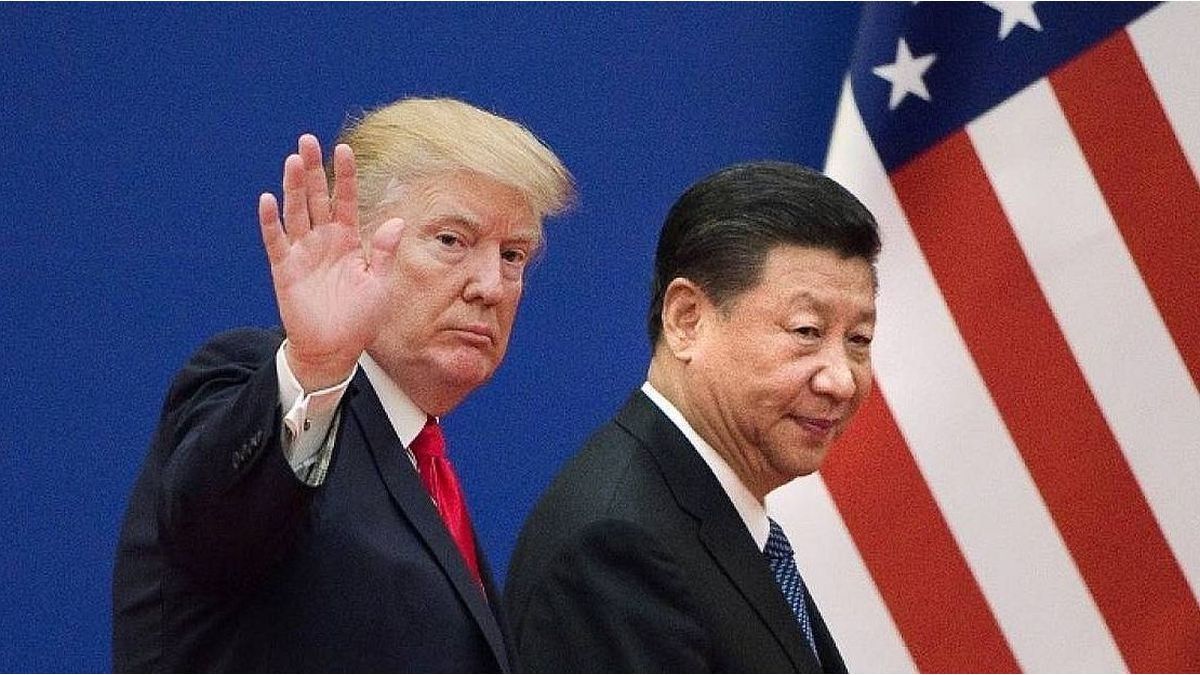The role of artificial intelligence (AI) not only in companies but also in the life of democratic nations focused 2nd World Summit of Future Commissionswhich was developed in the Uruguayan Parliament.
Within the framework of the Parliament’s capacity-building project to analyze these challenges, the Basque philosopher Daniel Inneraritywas invited by International IDEA to reflect on the strategic actions that States can take, analyze the regulatory path initiated by the European Union (EU).
Innerarity is a renowned essayist on the topic, with several books dedicated to AI, and is a respected voice on the topic in Europe. He currently directs the Institute of Democratic Governance and the chair of Artificial intelligence and Democracy in the European University Institute of Florence.
What is a philosopher doing talking about artificial intelligence?
We philosophers ask questions and we like problems that if they had an easy solution would not make sense. Then, on the other hand, we must think that everything that surrounds us with the idea of intelligence is a very philosophical topic from the point of view of the history of philosophy, what interests me most is the part that what to do with the democracywith politics, but that cannot be done if it is not considered that artificial intelligence you need power, you need automatism. It is a technology that has been very useful for philosophers to calm our anxiety.
And how much, if at all, can it help make democracy better, more transparent, and stronger?
It would be necessary to distinguish the political aspects that are operable with artificial intelligence and those who don’t. The artificial intelligence It is very good when the important lines are given, there is a lot of data, the information, its details, the binary logic… With information to make different types of decisions it works very well, but when we are in complex contexts, for example, where there is uncertainty or where there are difficulties, to make other types of decisions it is more complex to use and I think that is where it can help us humans to participate in the political process.
Daniel Innerarity
The Basque philosopher Daniel Innerarity.
Photo: IDEA International
We are facing a great intellectual challenge: stop thinking that technology and humanity are two completely different things to think about as two realities that are in a broadly close relationship. The technology It is already humanized to a large extent and it is in that context that we have to think.
Is it necessary to regulate it and, if so, is it possible that there are the same or similar regulations on these issues throughout the planet?
It’s very difficult because we don’t agree. In Europe it has taken many years to understand that we need a type of regulation and now the discussion is on the path to becoming a battlefield. There is no competent or alternative model, neither the Latin model, nor the North American model, the European model has very little to do and, furthermore, with the technology that we have, we are already competing in the territorial world but also in the world of geopolitics. If geopolitics also appears in all this, with the need for other global agreements that are on the immediate horizon, it will happen that, in the short and medium term, there will be more technological battles. There are good examples in Latin AmericaLike the neurorights that Chili included in the constitutional project. It is true that this will not work well as long as this regulation is not global.
Is the regulation proposed by the European Union valid? Is it a way forward or is it not?
There are several regulations there that have different aspects: data, market, and platforms. In them, things have been approached in different ways, analyzing the elements of the system, taking into account that European society has undergone great evolution. We have seen it in the response of the pandemic At the social level, the improvement of competitiveness and other paths such as equality and care for people. What is raised by the European Union, which has been working a lot on these aspects, is a tremendously complicated issue.
Source: Ambito




